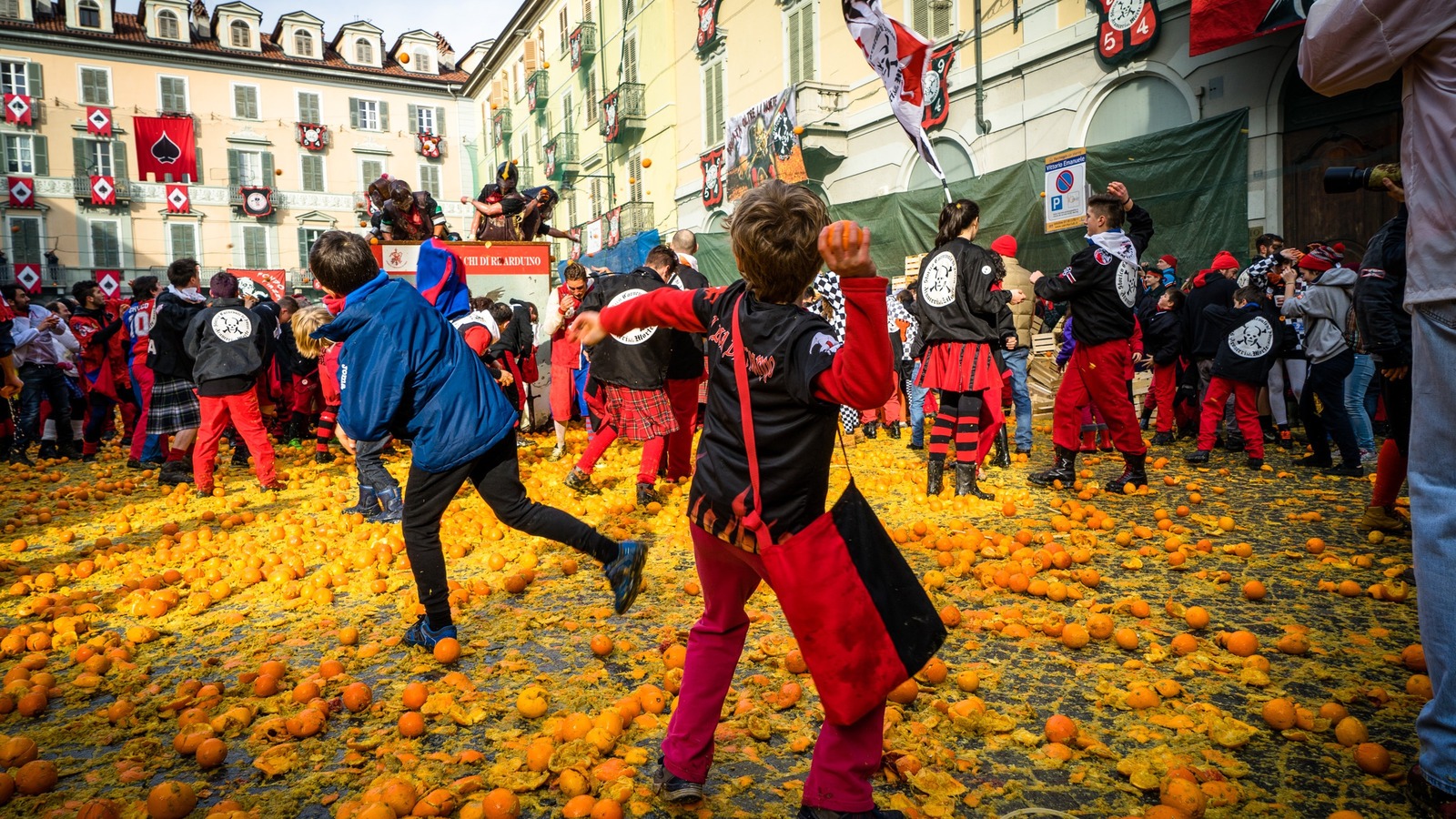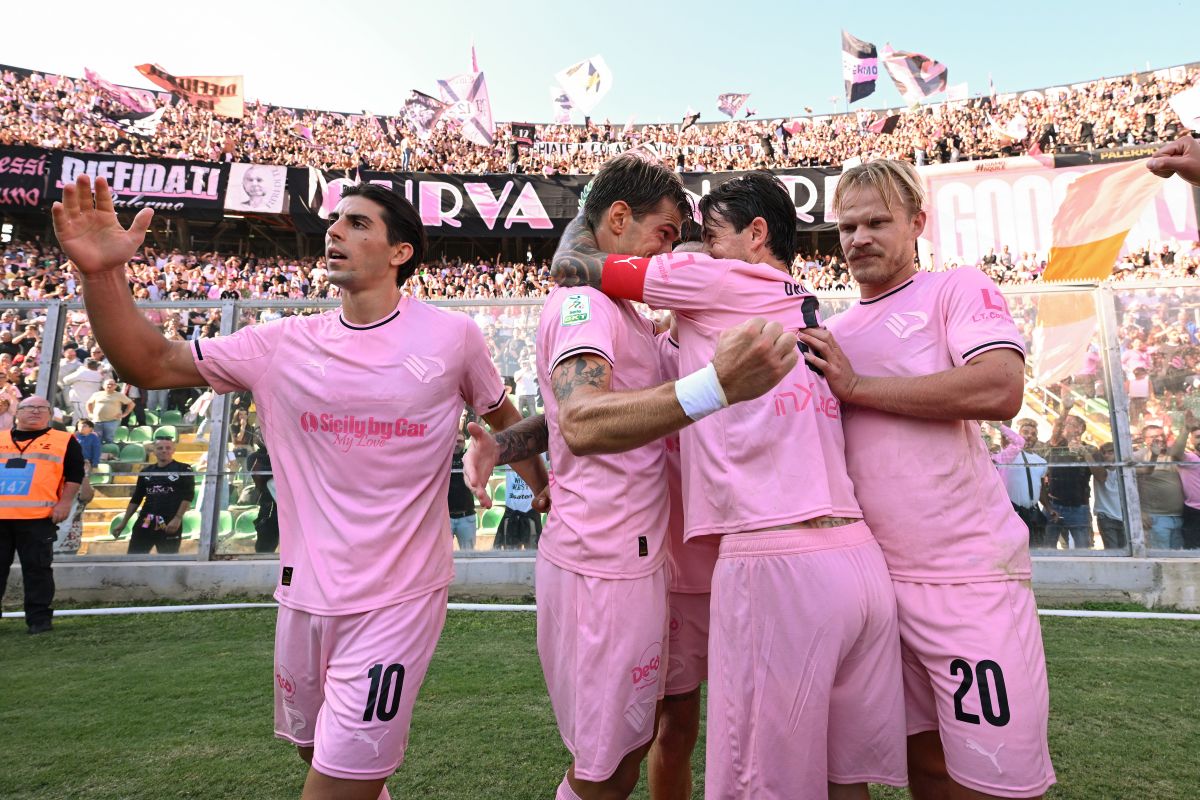
Italy Mourns Toto Schillaci, the Unlikely Hero of the Notti Magiche at the 1990 World Cup
By Emmet Gates
Mention the name Toto Schillaci to people of a certain generation and minds are instantly teleported to one summer only: that of 1990 and the Notti Magiche.
The line about the magical nights was included in the Italian version of To Be Number One, the official anthem of the Italia ’90 official World Cup.
In Italy, the song was officially released as Un’Estate Italiana (An Italian Summer), but the line about the notti magiche (magical nights) stuck in the popular imagination to the point where it became the de facto title.
And nobody embodied that “that desire to win in your eyes,” Gianna Nannini and Edoardo Bennato sang about more than Schillaci, who died at the age of 59 after being taken into hospital in Palermo several weeks ago after suffering from cardiac irregularities.
Schillaci remained in hospital before sadly passing away on September 18th, and the tributes flowed from the football world, as Italy as a whole mourned the passing of a man who in many ways epitomised the 1990 World Cup.
In an age before the internet made every player known, their stats available for everyone to pour over, Schillaci came from almost nowhere for those three weeks to win over not just the Italian public, but the world at large.
Of the seven goals he scored for Italy, six of them came between June 9 and July 7th. For him, it was magical summer of magical nights.
Schillaci won the golden boot at the tournament, one ahead of Czech striker Tomas Skuhravy, yet it was somewhat ironic that he went into the tournament as a back up striker for Azzurri boss Azeglio Vicni, with Gianluca Vialli and Andrea Carnevale his ideal pair.
Schillaci, by the end of the third game against Czechoslovakia, formed a deadly partnership with Roberto Baggio, who was now his teammate at Juventus following a big-money move from Fiorentina.
Baggio also went into Italia ’90 as back up and the general consensus remains that had Vicini not lost his bottle in the semi-final against Argentina and dropped Baggio for Vialli, Italy would’ve made the final to face West Germany.
Yet Argentina won in the penalty shootout, Italy finished third, and Schillaci’s career never reached the same heights, for club or country.
The partnership at club level with Baggio never really transpired. He’d scored 15 goals in Serie A going into Italia ’90, but managed only 11 across the next two seasons due to injury. He joined Inter in the summer of 1992 as Juve broke the world transfer fee to bring in Vialli, but he found no consistency at the San Siro either, again scoring 11 goals across the next two seasons as injuries curtailed his development.
In 1994 he left Italy for Japan at the age of just 29, and retired just three years later. During his time in Asia he won the J League in his final season, the only league title of his career along with the UEFA Cups he won with both Juventus and Inter and the Coppa Italia he lifted with the Bianconeri.
Yet what Schillaci did post-Italia ’90 mattered little, for he would always be associated with that magical summer and his wide-eyed celebration, a man seizing the moment and riding the crest of a wave.
Schillaci soared to the sky for those three weeks, and while it didn’t last, that’s more than most of us ever achieve.
Inter Milan’s tribute on Wednesday spoke for the whole of Italy.
“You made an entire country dream during the Notti Magiche. Goodbye Toto.”
Related Articles
Related Articles
Football rivalries, world-class sport, surreal carnivals, and a tradition you won’t find anywhere else. Five events to catch in February.
In the latest edition of My Town, My Team, Napoli fan Alex told us why everybody should visit Naples at least once.
Sampdoria against Palermo at the Stadio Luigi Ferraris is just one of the standout matches to be shown live on Destination Calcio TV.




